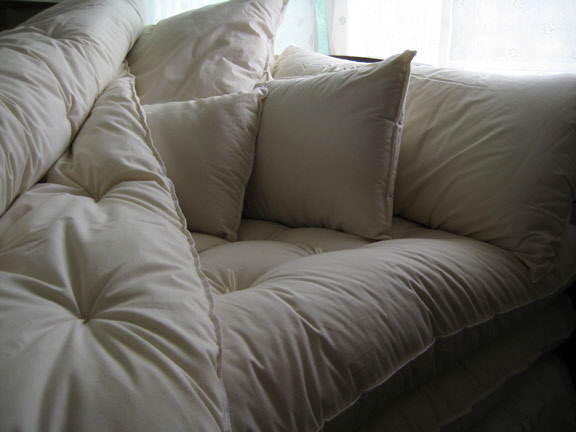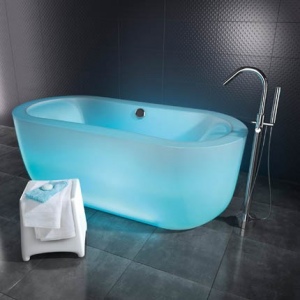In the UK today, there are many thousands of people who suffer from the interrupted sleep, some of which can be attributed to on-going health issues. The itchiness of eczema for example, is one well known health problem that can cause prolonged sleep disturbances in adults and children.
Back in 2013, articles in the media and various online sites exploded with the ‘cure’ for such issues – wool bedding, including duvets and pillows.
Beneficial Properties
The beneficial properties of wool have been long known but, over the years, with one eye on the household budget, many people now opt to kit out their beds with cotton or synthetic fibres. But, the upsurge once again in the popularity of wool – due in part to the increased eco-awareness of customers – could see more and more people enjoying a fitful night’s sleep.
Making a real difference
It seems that people with the skin complaint eczema who have made the change to wool mattress toppers, pillows and duvets have noticed a difference – and for many the effects were immediate. Bur gradually, over weeks and months, people with a variety of skin complaints found that they sleep much better, far less disturbed and waking refreshed in the morning.
Wool bedding, of course, can be used by anyone, not just those with skin conditions or complaints. Wool is not only the enemy of dust mites who are unable to live within its dense fibres, it is also a great insulator meaning you are toasty warm in winter. However, we all know that being too hot is one sure fire of having an uncomfortable night’s sleep but with wool there is no need to worry. A lighter wool duvet is great for keeping cool.
Supporting a home spun product too
Wool, as we all know, comes from sheep and at one time was a very popular product in the UK. In fell out ‘fashion’, if you like as cheaper alternatives, some natural and some synthetic, flooded the UK market. As a result, wool products took a back seat, associated with blankets and not much else.
However, the tide is finally turning and what is helping wool along are its impeccable ‘green’, eco credentials.
For a start, it is a renewable product. Sheep naturally grow wool, they need to be sheared to remain cool in spring and summer, with the whole cycle repeating itself the year on year. Sheep themselves perform an invaluable function; as grass eaters, they keep moorland and meadow ‘tidy’ in terms of grass and ecology, often eating plants that horse and cows etc. will not.
Need more convincing?
Research by the University of Sydney as recently as 2012/2013, highlighted that participants in their experiment had a much deeper and longer sleep than when they slept in bedding made from cotton and synthetic materials. The participants slept in rooms at three different temperatures – a hot 29°, a cool 22° and a cold 17°. In all temperatures, wool performed consistently better with participants enjoying 448 minutes (or 7 hours, 28 minutes) of sleep; cotton and synthetic performed less well.
Why not see if wool bedding is the right material for you?
Our guest author Dick Beijen has many years working with bedding, particular wool bedding as he once was producing bedding from his own flock of sheep, and Dick is there for well placed to tell us the benefits of these products.





